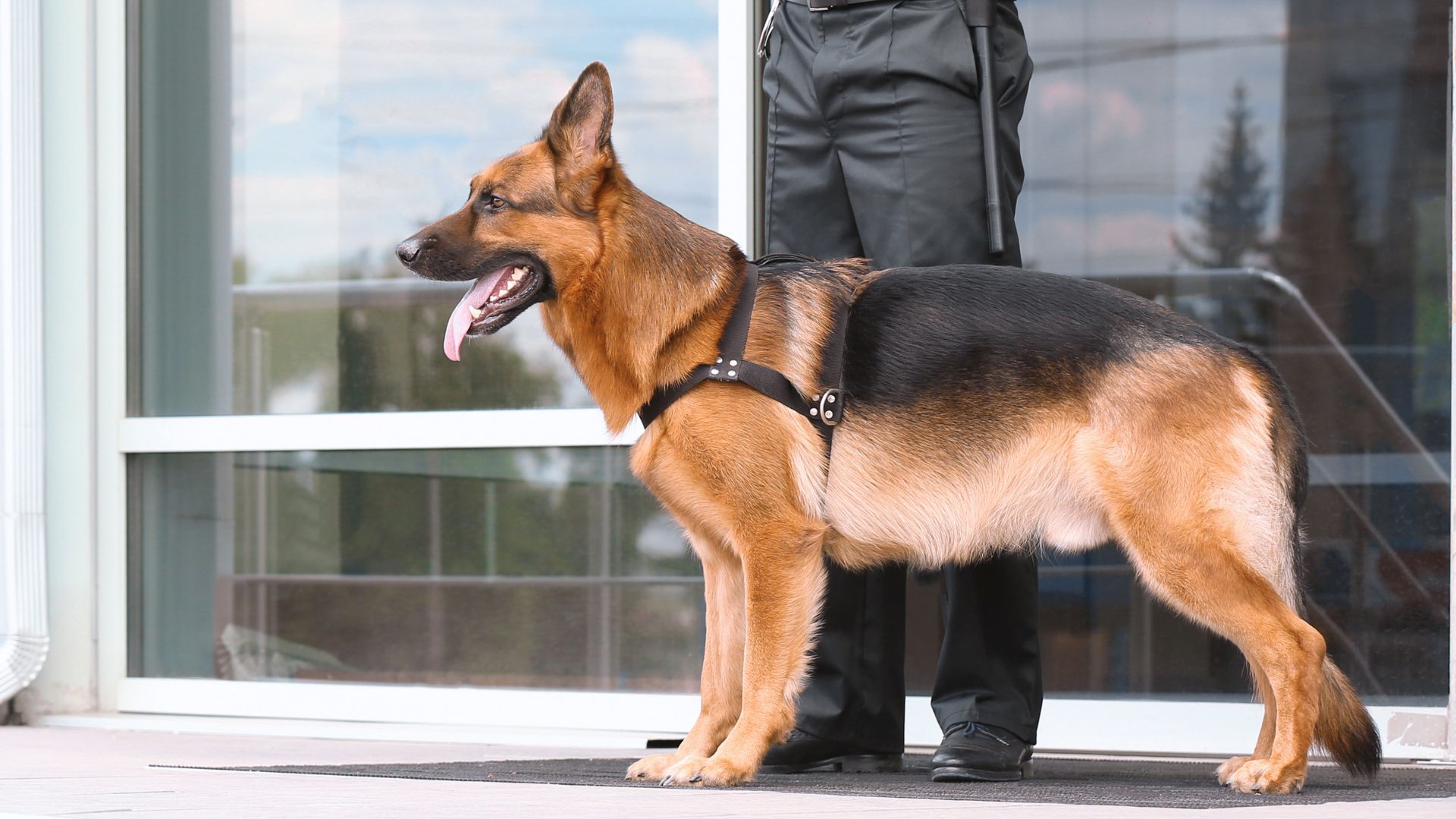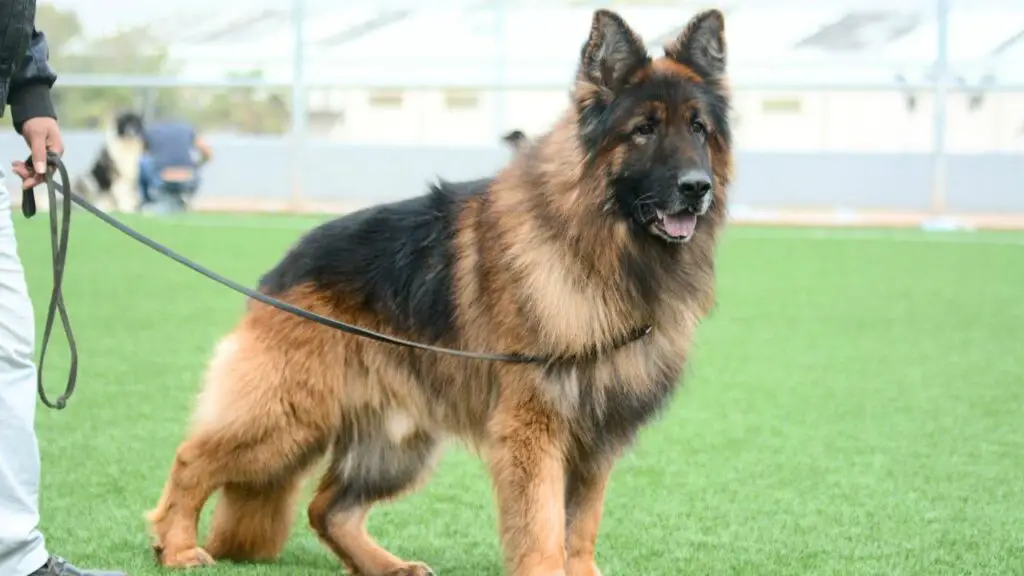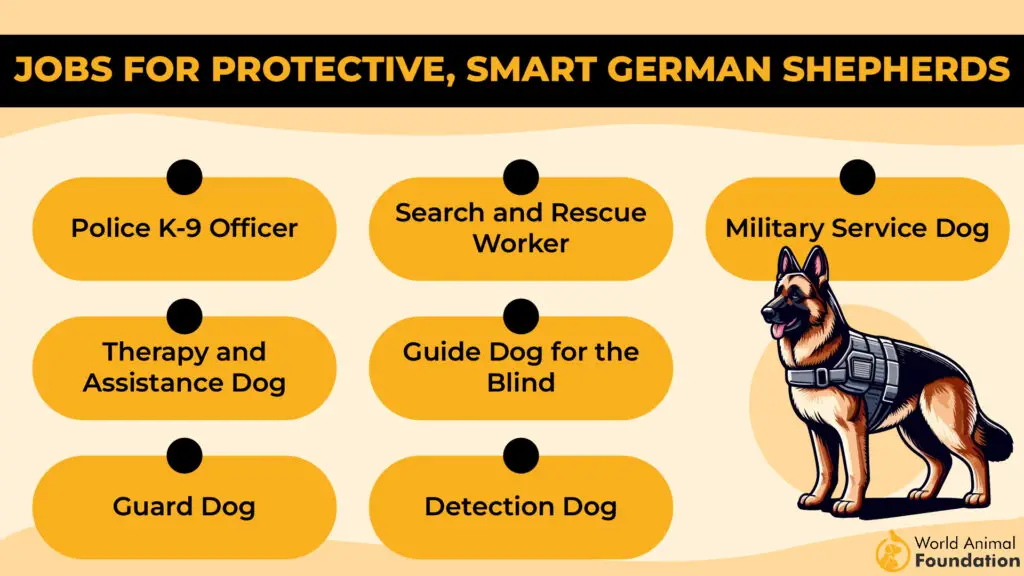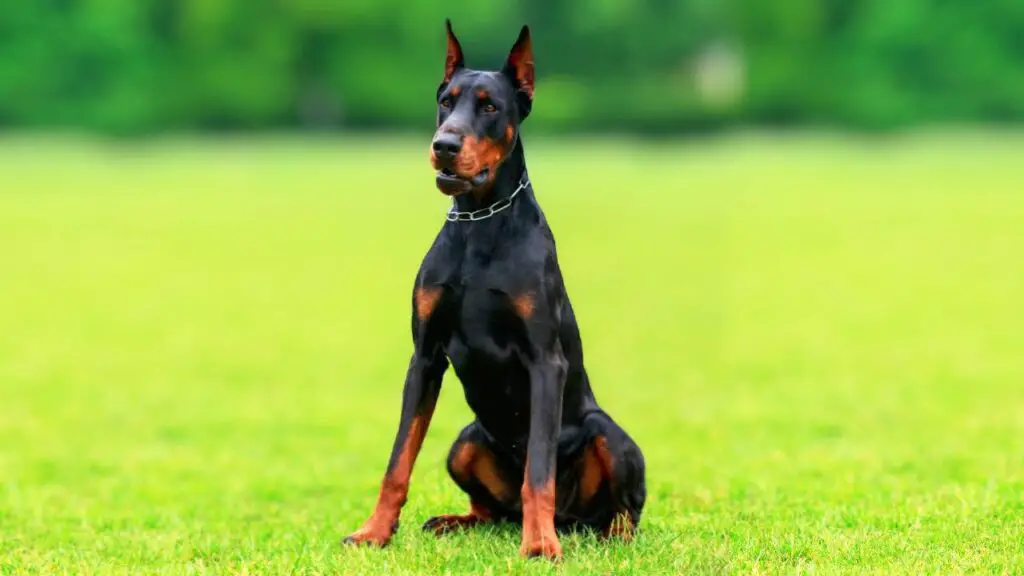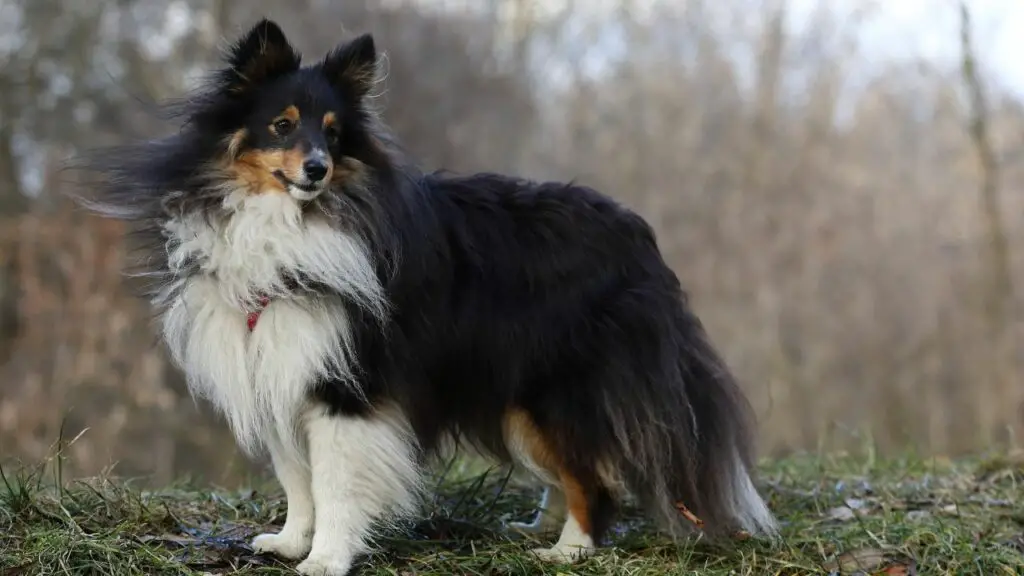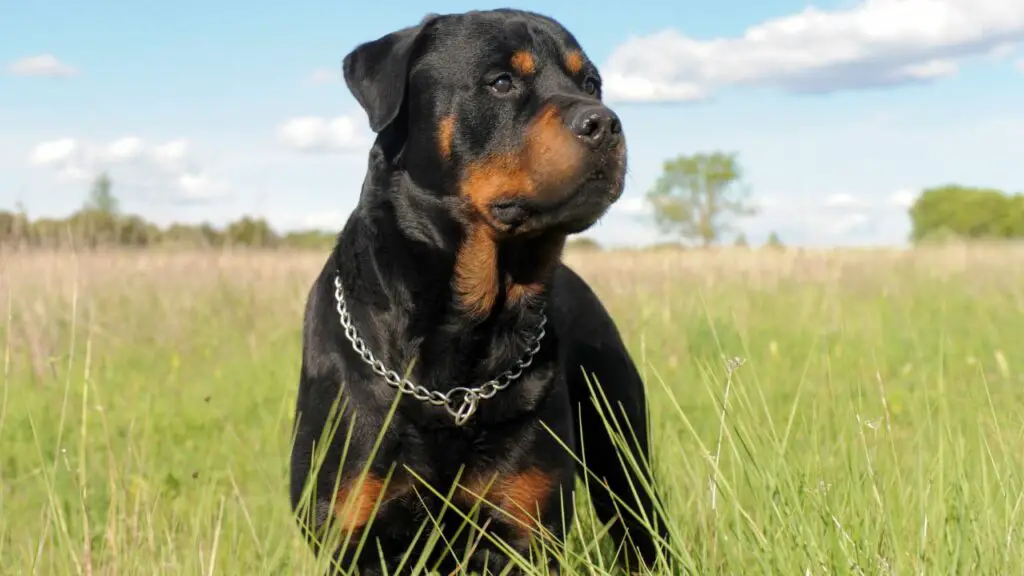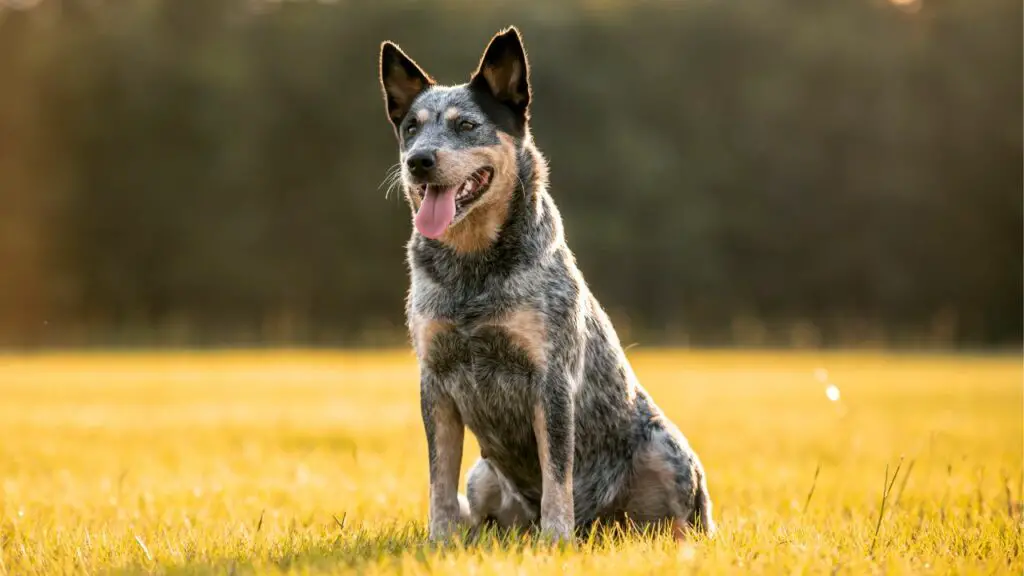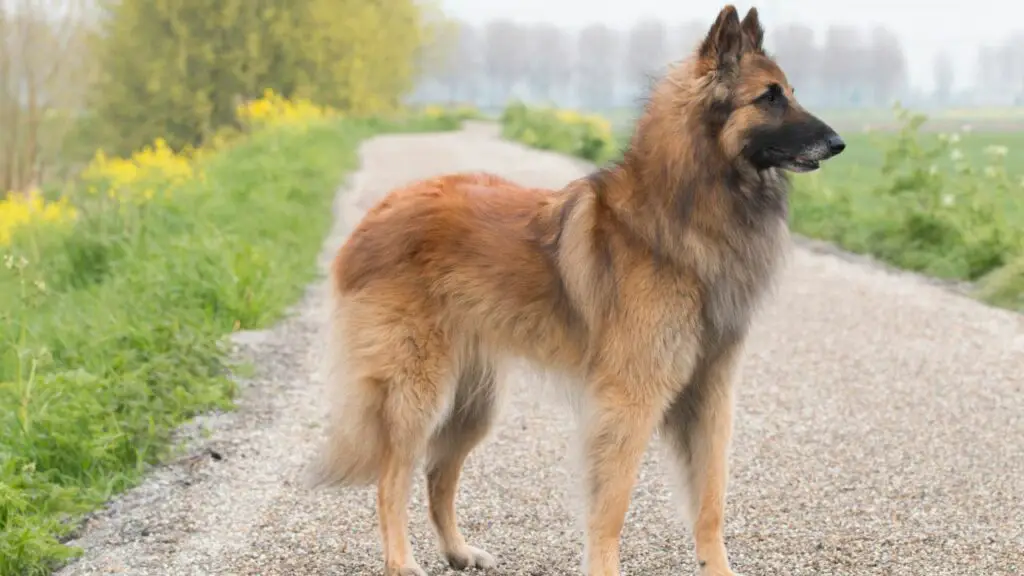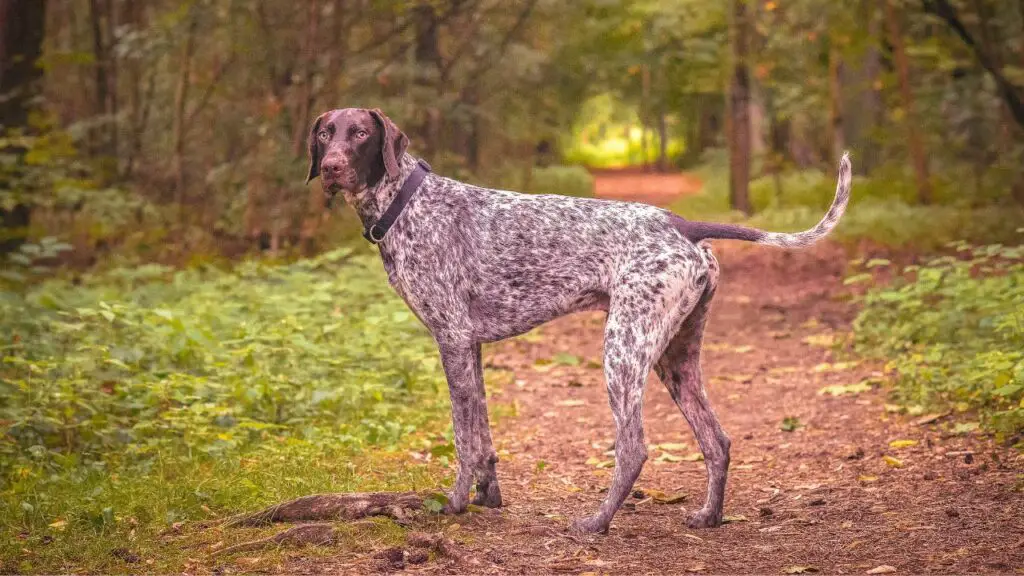Looking for a loyal companion who also doubles as a vigilant protector? Intelligence is key for a dog to effectively assess threats and respond appropriately. Discover the top 10 smartest dog breeds renowned for their protective instincts. From imposing guardians to alert watchdogs, these breeds combine brainpower with bravery, making them ideal choices for keeping your family and property safe. Explore their unique traits and find the perfect intelligent protector to welcome into your home.
Dogs are much more than our best friends; they’re intelligent beings capable of learning a wide range of commands and tuning into our emotions. For centuries, certain dog breeds have been refined to excel in specific roles, from navigation and detection to acting and even wartime heroes!
Among their many skills, their role as guard dogs stands out. Guarding requires an innate ability to distinguish potential threats from harmless situations and to make quick judgments to protect their owners from any danger.
In this article, we’ll spotlight the brightest stars in the realm of protection: the smartest guard dog breeds. These dogs are not just about strength; they’re strategic thinkers who offer unmatched security and peace of mind.
Let’s dive into the world of these exceptional protectors.
Smartest Dog Breeds for Protection
1. German Shepherd
The German Shepherd was created in 1899 by mixing different German herding dogs together. They’re not only excellent at protecting but are also among the smartest dogs. They have a natural intelligence that helps them do well in many types of jobs. These dogs are known for being protective, confident, and fearless, which is why they’re so good at jobs that involve protection.
View this post on Instagram
German Shepherds are very flexible and easy to train, making them a favorite choice for military and police work. They can be trained to detect bombs, drugs, and even find missing people, thanks to their incredible sense of smell. This same ability makes them great at search and rescue missions.
These dogs are very obedient and follow instincts that have been passed down for generations. They learn new tricks very quickly, almost as fast as they can run. German Shepherds create strong connections with their families and are extremely loyal.
PDSA states that they can be wonderful pets if they are given the necessary care and attention. However, it’s important to know that German Shepherds need a lot of exercise and mental challenges because of their high intelligence. If you’re someone with a busy schedule and can’t provide lots of time and activities for them, a German Shepherd might not be the right choice for you.
2. Doberman Pinscher
The Doberman Pinscher, developed in 1890 by a German tax collector, is a medium-large breed known for its sleek, strong body. Dobermans are fast, brave, and excellent guard dogs, making them ideal for police work, military roles, and loyal protectors at home.
Their size makes them imposing guardians, yet they are also affectionate companions. Dobermans have a natural talent for sensing danger, a trait known as “instinctive intelligence,” meaning they excel at tasks for which they were originally bred. Highly alert, Dobermans can learn and remember many commands, making them very obedient.
While Dobermans can be wonderful family pets, their size may be too much for small children. Dobermans need lots of physical activity and mental challenges to prevent them from becoming bored and potentially destructive. To keep them happy and avoid any trouble inside the house, owners should plan for long walks.
According to DPCA, it’s important to socialize and train them properly to ensure they don’t become too protective or aggressive. With the right care and training, Dobermans can be devoted and loving members of the family.
3. Shetland Sheepdog
The Shetland Sheepdog, or Sheltie, comes from the rugged Shetland Islands in Scotland, where it was bred to herd with agility, alertness, and intelligence. Shelties have a natural herding instinct and may try to herd everything from squirrels to children.
These dogs are incredibly smart and trainable, excelling in various roles, including medical alert, service, and therapy work. They are protective and will bark to alert their family of anyone approaching, making them effective watchdogs. Shelties are known for being quite vocal.
AKC points out that Shelties love learning and enjoy the challenge of new tasks, from household chores to dog sports. Their high intelligence means they respond well to fun, patient training. They are very loyal and prefer to stay close to their family members, requiring companionship and not liking to be left alone for long periods.
This breed has a lot of energy and needs plenty of exercise. Shelties are great playmates for children, often matching or surpassing their energy levels. They require both physical and mental stimulation; without it, they might find less desirable ways to amuse themselves.
4. Rottweiler
Rottweilers, among the oldest of dog breeds, have traveled through history alongside the Romans, serving as cattle herders and guardians in Germany. Their intelligence and confidence stem from their heritage as working dogs, which has unfortunately led to some unfair labels of aggression.
@tamarapillay2
when someone’s by the gate..security system engaged. #dogsoftiktok #rottweileroftiktok #rottweiler #rott #blade #barking #securitysystemactivated
♬ original sound – Tamara Pillay
Contrary to their tough exterior, Rottweilers are affectionate and gentle with their families, making them great family protectors. They might act cold or distant around strangers, enhancing their natural guard dog persona.
These dogs are smart and energetic, needing regular mental and physical activities to stay happy. Training them requires consistency, as they are powerful animals and may not be suitable for households with small children due to their strength.
As noted by the American Rottweiler Club, Rottweilers can sometimes show a stubborn streak, necessitating firm but fair discipline. They are not the best choice for those who are timid or don’t have the time and commitment to provide the necessary leadership and supervision.
5. Australian Cattle Dog
The Australian Cattle Dog was developed in the early 1800s by cattle farmers in New South Wales, Australia, through the crossbreeding of drover dogs. This breed stands out for its exceptional alertness, intelligence, vigilance, and bravery, qualities essential for their challenging herding roles.
These dogs are known for their absolute reliability and strong commitment, displaying fierce loyalty to their owners and a natural wariness around strangers. While not typically barkers, their protective instincts kick in strongly when they act as watchdogs.
Australian Cattle Dogs are very protective of their people, belongings, and territory, making them less suitable for first-time dog owners. They may not have much patience for young children who might pull or grab at them, so it’s important for children to be taught to treat the dog with respect and kindness.
WebMD suggests that owners of Australian Cattle Dogs are encouraged to engage their pets in work, sports, or regular physical and mental exercises to maintain their health and happiness.
6. Belgian Tervuren
Belgian Tervurens, one of four unique herding breeds from Belgium, were originally bred to guard homes and protect livestock on their way to the market. They alert their families to approaching strangers with barking and can become aggressive if needed. Tervs form strong bonds with their families, whom they protect fiercely. They are bold and courageous, facing daily challenges head-on.
Orvis notes that these dogs are particularly watchful of their family members and need to be socialized early to understand that not all strangers pose a threat. This early training helps them not to be overly guarded with unfamiliar people and prevents them from trying to herd children away from danger.
Tervurens are smart, alert, and respond well to commands when properly trained, always ready for what’s next. They pick up basic commands quickly but are sensitive and respond best to a gentle training approach. Positive reinforcement, like praise and treats, works well with them.
For their health and happiness, a Tervuren needs about two hours of vigorous exercise daily. Activities like agility training, herding trials, and various dog sports are excellent ways to keep them engaged.
As natural herders, Belgian Tervurens have incredible stamina and enjoy activities like walking, hiking, or playing all day long, with occasional breaks to rest.
7. German Shorthaired Pointer
The German Shorthaired Pointer (GSP), which first emerged in the 1800s in Germany, is a versatile hunting dog known for its ability to retrieve game on both land and water. Unique among many breeds, the GSP has maintained its ability to perform in both show rings and the field without dividing into separate lines.
These dogs are highly intelligent with a keen desire to work and please their owners. Their hunting heritage gives them a natural instinct to point and retrieve, making them excellent companions for outdoor adventures. Beyond their field skills, German Shorthaired Pointers are also alert and make reliable watchdogs.
Despite their energy, GSPs are wonderful family pets. According to ASPCA, they generally get along well with children, though their enthusiasm might be too much for very young kids, who could get accidentally knocked down during play.
If you’re considering adding a German Shorthaired Pointer to your family, be prepared for the commitment this breed requires. They have lots of energy and need around two hours of moderate exercise daily, plus additional playtime to stay happy and healthy. Thankfully, German Pointers are friendly and relatively easy to train, which can make managing their exercise needs and integrating them into your family a joy.
Conclusion
When it comes to choosing the smartest guard dogs, breeds like the Belgian Malinois, Giant Schnauzer, and Rhodesian Ridgeback stand out for their natural guarding abilities. These dogs are not just protectors but also loyal companions, acting as personal bodyguard-dog breeds for their families.
Despite the bad reputation some natural guard dogs might have, it’s important to recognize their potential for protection and companionship. Extremely intelligent, these breeds excel in various protection roles, from home security to personal defense.
The Belgian Malinois, in particular, is renowned for its versatility and intelligence, making it a top choice for those in need of a protection dog. While Giant Schnauzers and Rhodesian Ridgebacks might require more socialization, especially with other pets, their loyalty and protective instincts are unmatched.
Remember, the key to a well-behaved guard dog lies in proper training and socialization, ensuring they can distinguish between normal interactions and genuine threats. Choosing one of these breeds means gaining a dedicated protector and a valued member of the family.
Ultimately, a dog’s suitability for protection depends more on individual temperament and training than breed alone. While these ten breeds – often including German Shepherds, Rottweilers, and Doberman Pinschers – possess traits like intelligence, alertness, and trainability that can make them excellent protectors, no breed is inherently guaranteed to be a perfect guard dog. Proper socialization, consistent training, and a strong bond with their owner are crucial for shaping any dog into a responsible and reliable protector. Choosing a breed based solely on perceived protective instincts can lead to mismatches and undesirable behaviors.

